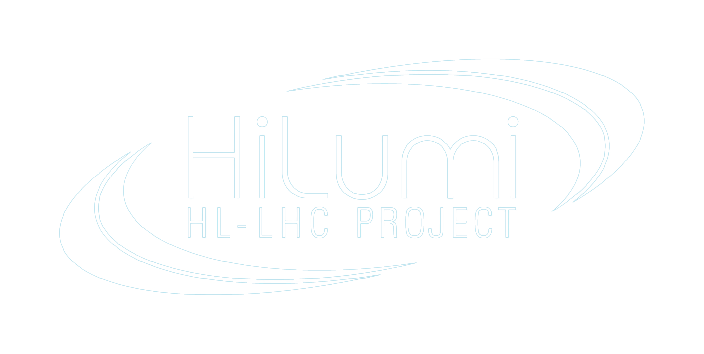The 4th Cost & Schedule Review (CSR) of the HL-LHC project was held at CERN from 11th to 13th November 2019. The review panel was composed as usual by CERN Machine Advisory Committee (CMAC) members and ad-hoc experts.
The goal of this fourth CSR was to assess the development of the baseline since the first CSR that was performed in March 2015. The charge questions addressed several domains such as: the technical status and progress, the project steering and organisation, the cost optimization exercise that was carried out in summer 2019, and the strategy for managing resources and schedule for critical items. In addition, the review panel assessed the readiness and implied risks of starting the industrialization process for critical deliverables of the HL-LHC project, as well as the global readiness for LS3 that was still starting in 2024 at the time of the review.
All necessary risk mitigation measures supported by the CMAC in the third C&SR were proposed as baseline equipment: the Hollow e-lens system; the crystal collimation system; additional beam dilution kickers; and new dumps. The additional scope required changing the financial resources and the committee gave support to increase the Estimate At Completion (EAC) from 950.0 MCHF to 989.1 MCHF, and the adoption of the new baseline V3.0. In the recent draft version of CERN’s Medium-Term Plan (MTP), presented to the Finance Committee in June 2020, CERN management included the requested increase of EAC, composed by additional money (in-cash) needed and additional in-kind contributions proposed.
During the review, the project team presented how a cost challenge of 67.4 MCHF was to be reconfigured within the project such as to limit the increase of the project cost-to-completion to 39.1 MCHF, new baseline items included. At this stage, very limited ability to descope remains.
With the successful advancement of civil engineering works to date, several major risks have been retired. The project team adopted a thorough methodology to assess cost and schedule risks based on a probabilistic analysis, which led to a 40-60 MCHF uncertainty for the remaining activities, representing approximately 700 MCHF.
Regarding readiness to LS3, the committee panel did not identify any reason for LS3 not to start in January 2024. Since the CSR, the global LHC physics schedule was however discussed and scrutinized by both the accelerators and experiments management teams. It was decided that Run3 be extended by one year, such that 2024 is included in Run3 and LS3 starts in 2025. The impact of this change and of the COVID-19 restrictions will be discussed in detail during the next CSR that shall take place at CERN at the beginning of 2021.
